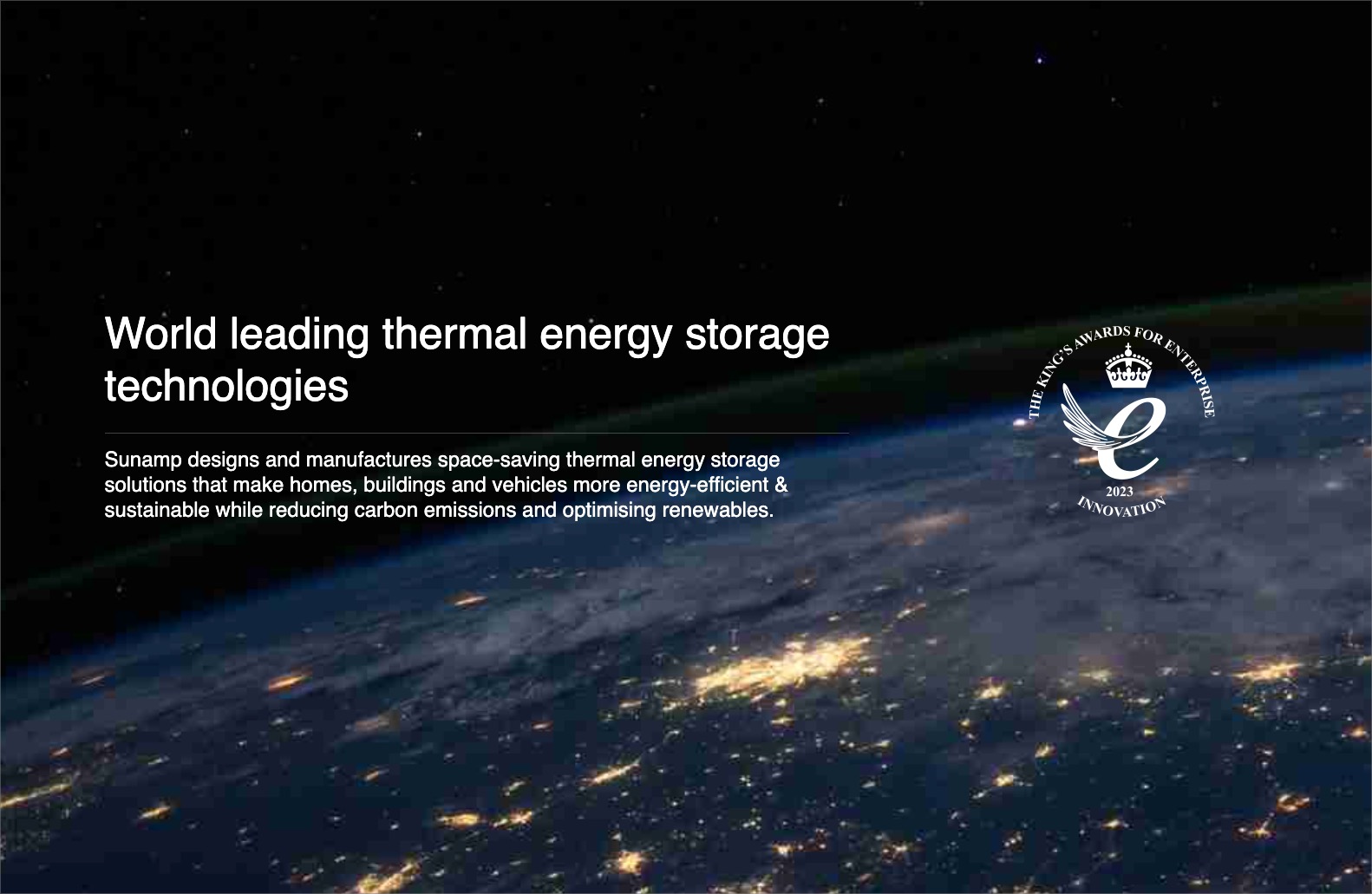Soldato
- Joined
- 2 May 2011
- Posts
- 12,192
- Location
- Woking
I fit ASHP for a living in new builds and old houses! There are a lot of factors with older houses but it can be done !
New builds are obviously easier as they are specced for ASHP according to the Energy Performance and SAPS, mainly use underfloor heating as that works best with the lower flow temps, allthough we have fitted radiators in new builds on a ASHP and they work well as long as they are correctly sized for the flow rates
Old houses can be retro fitted to existing pipework as long as your flow and return to the rads are not 10mm or smaller.
We mainly fit Daikin althermas and Mitsibishi eco dans, which consist of an outdoor unit and then a hydro box and tank all in one unit.
Any questions feel free to ask away! Been around ASHP for years!
What do you think the problem with heat pumps is?




 ht
ht